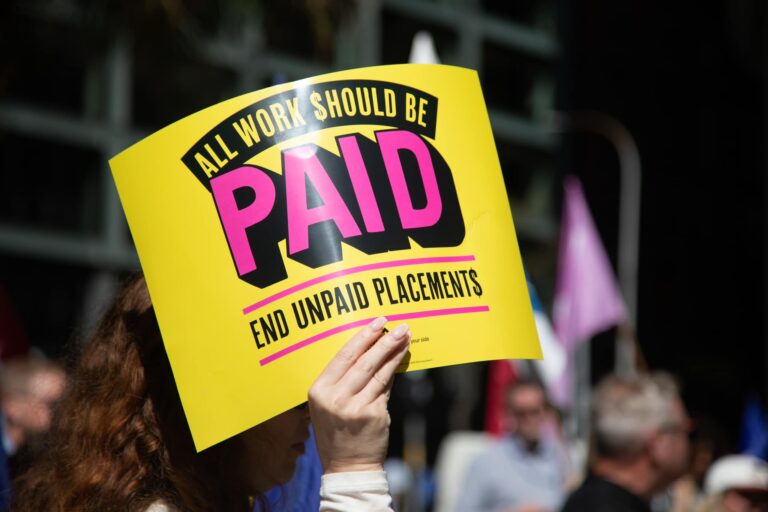
Push to publish restaurant prohibitions
The government’s ‘Name and Shame’ list is failing to keep the state’s dirtiest restaurants under scrutiny, due to a loophole in the system.
According to City of Sydney Council, restaurants served with prohibition orders are avoiding being mentioned on the list.
Prohibition orders are issued when restaurants fail to meet health and hygiene standards. They are also given out to business owners who have not complied with an improvement notice.
City of Sydney Council CEO Monica Barone wrote to the Food Authority in March, requesting the loophole be closed.
“Prohibition Orders are not being published, meaning the public does not have access to information about those premises shut down. These premises are likely to be among the least compliant and may present an immediate risk to health,” Ms Barone said in the letter.
Citing public interest, the council formally requested the Food Authority to change current provisions to include publication of Prohibition Orders.
“The Food Authority is best placed to both propose amendments to the Food Act to expressly provide for Prohibition Orders to be published on the Register, and to publish Prohibition Orders for the whole state,” Ms Barone said.
“If the City were to act alone in this matter, patrons of food outlets outside the Sydney local government area would not have access to information about Prohibition Orders and the City would not have the protection from liability that the register provides.”
A Food Authority spokesperson said the current provisions were suitable and ruled out any changes. “If a food outlet is found to be so bad that it needs to be issued a prohibition order, it is virtually impossible to escape a fine, or worse. The outlet would then find itself listed on one of the Authority’s two online registers,” the spokesperson said.
But Baldeep Gill, communications director of online consumer advocacy group ‘Not Good Enough’, said he supported Council’s push to have the Prohibition Orders published. “Our view generally is that we believe in the sharing of information of this type. We believe in giving consumers the opportunity to become aware of these things,” he said.
He added, however, that informing the consumer of a potential health hazard must be done in a responsible manner and must not unduly harm the business in question. “It can’t be something that the restaurant down the road could go and make some statements about to try to take business off the guy up the road.”
The current system does not go far enough and needs to be further refined, Mr Gill said. Rewarding business owners who have since complied with an infringement notice would also help. The ‘Name and Shame’ site was effective, he noted, because it had “a real consequence” in the eyes of the employer.
“When they’ve done the right thing there needs to be a follow-up recognition that, as of a particular date, that restaurant has achieved a level of rating or level of hygiene. That would be a really important part of the loop, because otherwise the shame part of it goes on forever and no-one follows up the clean-up.”
by Ehssan Veiszadeh









